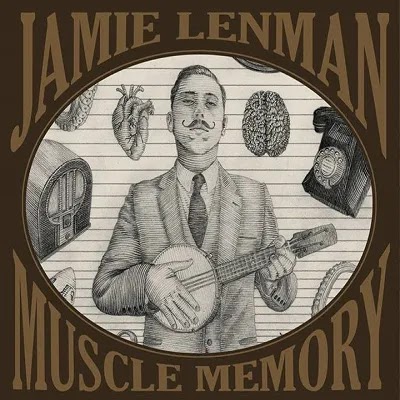(For context, I originally posted this review to RateYourMusic a couple of years ago, and included it in my second RYM post on this blog. However it was actually a truncated version of the review; I cut out quite a bit of material to make it shorter. I actually thought the full version was lost, but I came across it whilst going through some old files, so here it is for you to enjoy, with a few tweaks and an additional outro containing information that came out after I originally wrote it.)
Les Rallizes are a band surrounded in myth and misinformation, largely due to how they essentially flew under the radar during their initial run, rarely giving interviews and mostly sticking to small venues and music festivals. These wild claims range from dodging the authorities to the notion that the band had hijacked an aeroplane (which is wrong, only the band's bassist had been involved, and he had left the band a while before).
Formed in 1967 by a group of Japanese students involved in a major radical movement in Japan during the late 60s, the creative direction of Les Rallizes largely rested on the shoulders of the lead singer and guitarist Takashi Mizutani, who himself has become a symbol of mystery in the band's fanbase due to just how little he was seen outside of the band. We didn't even know he had passed away in 2019 until two whole years later.
As previously stated, one of the things that adds to the mystery of the band is that next to no professional recordings of the band exist, and indeed they released nothing of their own work whilst active. The only exception is an appearance on the 1973 compilation Oz Days Live, which collected a variety of soundboard recordings done at a venue Les Rallizes frequented at the time. It would take until 1991, a full 24 years after their formation, for them to release anything of their own.
The three albums released in 1991, nicknamed the "Rivista Trilogy" after the imprint it came out on, are archival collections from the earlier years of the group. '67-'69 Studio et live and Mizutani / Les Rallizes Dénudés combine a selection of studio and live recordings from their first four years, and are more in line with the psychedelic rock and folk sounds of the time period than the barrage of sound that they would later be acclaimed for. For that, you only need to look at the third album in the collection, the infamous '77 Live.
Recorded on the 12th of March 1977 (hence the name), '77 Live featured a near-complete soundboard recording of that night's show. And what a show it was! Even in the context of the numerous bootlegs of the group that exist, '77 Live towers over them all in the sheer power and energy the group was bringing to the table that night.
Parallels have often been made to Les Rallizes' seeming influence from The Velvet Underground, and while there are similarities, this is a different experience all on its own. The song's in the show's setlist are simple in concept, featuring some basic and borderline repetitive chord progressions, speckled in numerous places by Mizutani's reverb soaked vocals, singing some surprisingly dark lyrics that compliment his singing incredibly. Just have a look at English translations to see what I mean.
But to call the band's repetitive song structures "boring" would be to miss the point entirely, as these songs don't need distinct parts to power through their huge runtime (only one track doesn't pass the 10 minute mark). Most vital to the experience is Mizutani's guitar work, sounding less like a conventional guitar performance and more like a swirling constant wave of feedback that he's reining in like a horse rider. It's both chaotic and yet carefully controlled, spurred along by a chugging baseline and fine backing by the rest of the group. Mizutani may be the MVP of the recording, but the rest of the band provides a solid backbone for his playing to really shine.
The recording quality isn't the best, clearly having been recorded onto a cassette tape (there's even a few dropouts in the sound in places), and yet '77 Live is not only one of the best shows the band would ever make, but also one of the best recorded. Most of the other circulating recordings of their shows were done from the audience and sound much less direct than this document of a fateful spring night in the late 70s.
The album remained out of print for many years, only available through fan-circulated CD rips, until it was finally rereleased officially by Mizutani's estate, who since 2021 have been taking on the task of making Mizutani's work available to the world. Nowadays '77 Live is more accessible than ever, pressed on vinyl for the very first time, and there's no better time to get into the band and their music. Some might say doing this spoils the mystique surrounding the band, but with music this good it could be considered a necessary evil. Better to have the treasure trove revealed than keep it hidden forever.
TL,DR: An excellent piece of noise rock that sounds at least 10 years ahead of its time. Check it out.



.jpg)













